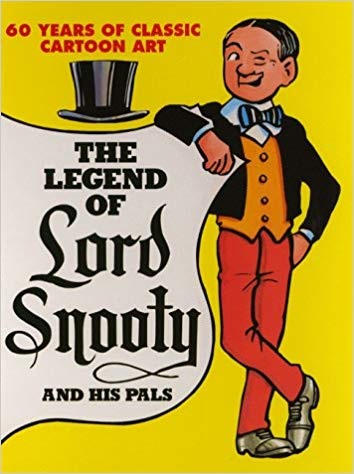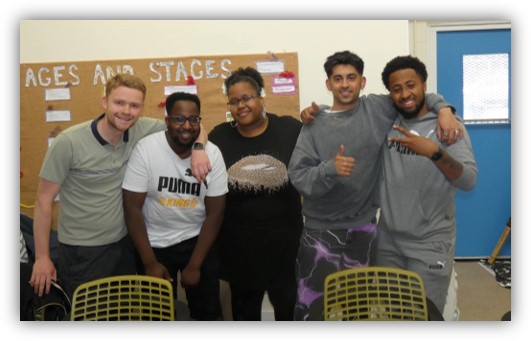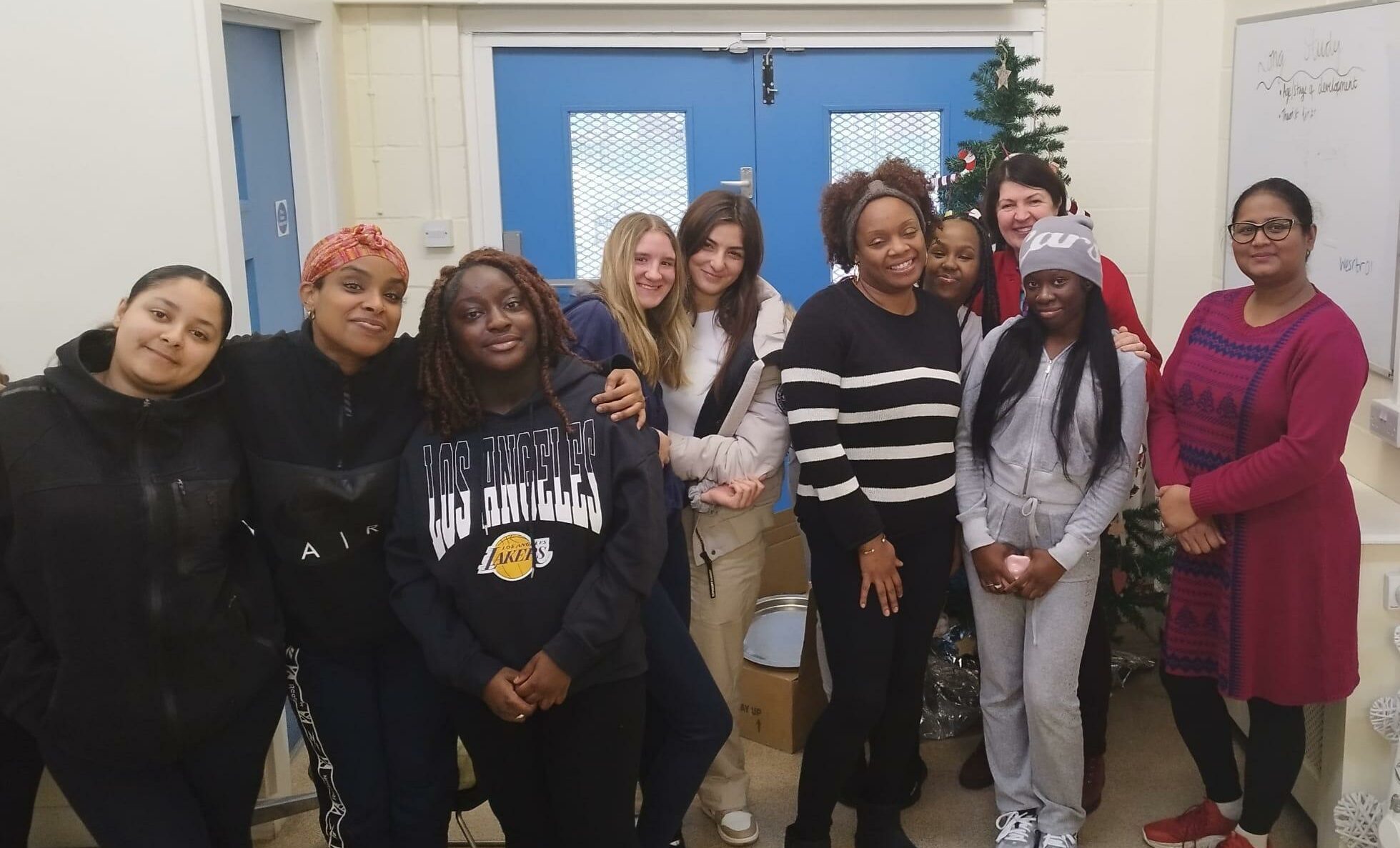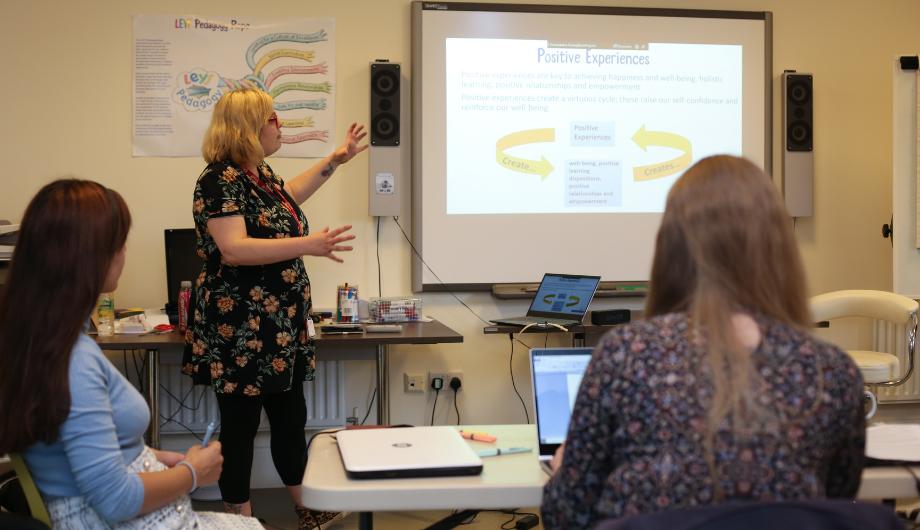
The Male Only Apprentice Group
Can we do this? Will we break the law? The HR Director rolled his eyes and said Ohhhhh, let me double check! I said “Make it happen, It is hugely…
February 6th 2024
…especially the LEYF apprentices. They are the next generation of Early Years teachers and, in my experience, they are amongst some of the best new talent we have across the whole sector. At LEYF, many of our senior staff have come through the apprentice route. In fact, our Apprentice Manager (below, centre) started as an Early Years apprentice 19 years ago!
Apprentices have a long and respected history. The first law which set out an apprentice’s training and welfare ‘terms and conditions’ was in 1563. Back then, the master could have a maximum of three male apprentices, lasting for two to seven years. Slightly different to the modern Early Years workforce where a male apprentice is a rare sighting. Although we had a male only apprentice cohort in 2020 and they’re all qualified EY teachers now.

Despite a long history, apprentices started to dwindle by the 1990s with an increasing number of people choosing the university route as parents, schools and the press began to imply that becoming an apprentice was a second-rate career choice. This, of course, was both disappointing and misguided but the tide is turning, and more people realise the importance of the apprentice route. It’s not one is better than the other; they are both two credible career pathways. According to the Million Jobs campaign, over a third of all graduates (39%) lifetime earnings are below those of the average higher apprentice and nearly half (46%) of those from post-1992 universities earn less than apprentices. We need more of this kind of evidence that measures apprenticeships against universities and challenge these misconceptions.
Apprentices are a popular option in the Early Years especially given how disappointed many of us are with the calibre of some newly qualified Level 3 staff, particularly their grasp of pedagogy and their understanding of the complexities of the role as Early Years teachers. Whether they are called educators or practitioners, the role of the staff member is to care for and teach our children and that means understanding how we support their learning through nurturing relationships, kind interactions, activities, provocations, routines and resources. That is significantly more than just teaching to the EYFS.
As employers, we have a duty to ensure our apprentices have a great learning experience if they are to succeed. An apprentice is only as good as the organisation which trains and employs them. Framing the relationship within a learning contract which clearly lays out the mutual expectations, from both the apprentice and their manager, is a great foundation for success. Learning is a partnership, built through harmonious relationships and pedagogical coaching.
We must ignite their spark of interest and turn it into a flame so bright that they fall in love with Early Years and stay forever.
How we attract, recruit, nurture and retain them is a key element of the sector’s succession plan. We need to take their role seriously, they are not just extra staff and we need to think carefully before we put them in ratio. The biggest complaint I hear from apprentices is the lack of induction, no time “off the job” and no workplace coach. All three are essential if apprentices are to learn what they need to know so they can do what they need to do with more knowledge, confidence and understanding.
Let’s not forget the comments in the 2019 Ofsted report about the high numbers of independent learning providers judged as ‘requiring improvement’ or ‘inadequate’ – particularly with regards to the quality of the learning and assessment of progress, access to off the job training and the competence of the teaching staff. This is not good enough especially as we want apprenticeships to be a credible career pathway for our young people who achieve a trustworthy qualification which sets them on the Early Years journey.
Making a difference by using Early Years apprentices does not only apply to nursery teachers and practitioners. Chefs matter too! The LEYF Early Years Chef Academy has an accredited Early Years Professional Cooking Award and chefs can do this through an apprentice route. Other roles in bigger Early Years settings can include administrative and finance. Apprentices are a perfect solution to many business functions but only if they are learning from the best.
The future for Early Years apprentices is bright if the Government apprentice schemes continue to shine a spotlight on them. The Government must also find an appropriate way to simplify the Levy funding process. Currently, we rely on the levy as the main source of apprenticeship funding, but this is impractical as the levy pot is nearly always empty.
Finding underspent levy takes the investigative powers of Poirot, a dose of good luck or maybe an appearance on First Dates. A central source, listing organisations with underspent levy funds would be a very helpful move, especially if the central pot has an Early Years tag on it.
Lev Vygotsky (well known to all students of Early Years) used the metaphor of the “little apprentice” to describe the help and support children need from their teachers to extend and stretch their learning. It’s no different for the adult apprentice. If you are unsure about taking an apprentice, reading the apprentice chapter in my book might help: The A-Z of Early Years.


Can we do this? Will we break the law? The HR Director rolled his eyes and said Ohhhhh, let me double check! I said “Make it happen, It is hugely…

Change the Way you Greet them There is a lot of concern about recently qualified staff who appear…

The drive for the childcare expansion pushes on despite the worries about sufficient staff. However, while our concern about staff sufficiency remains flashing amber, our new flashing red is…